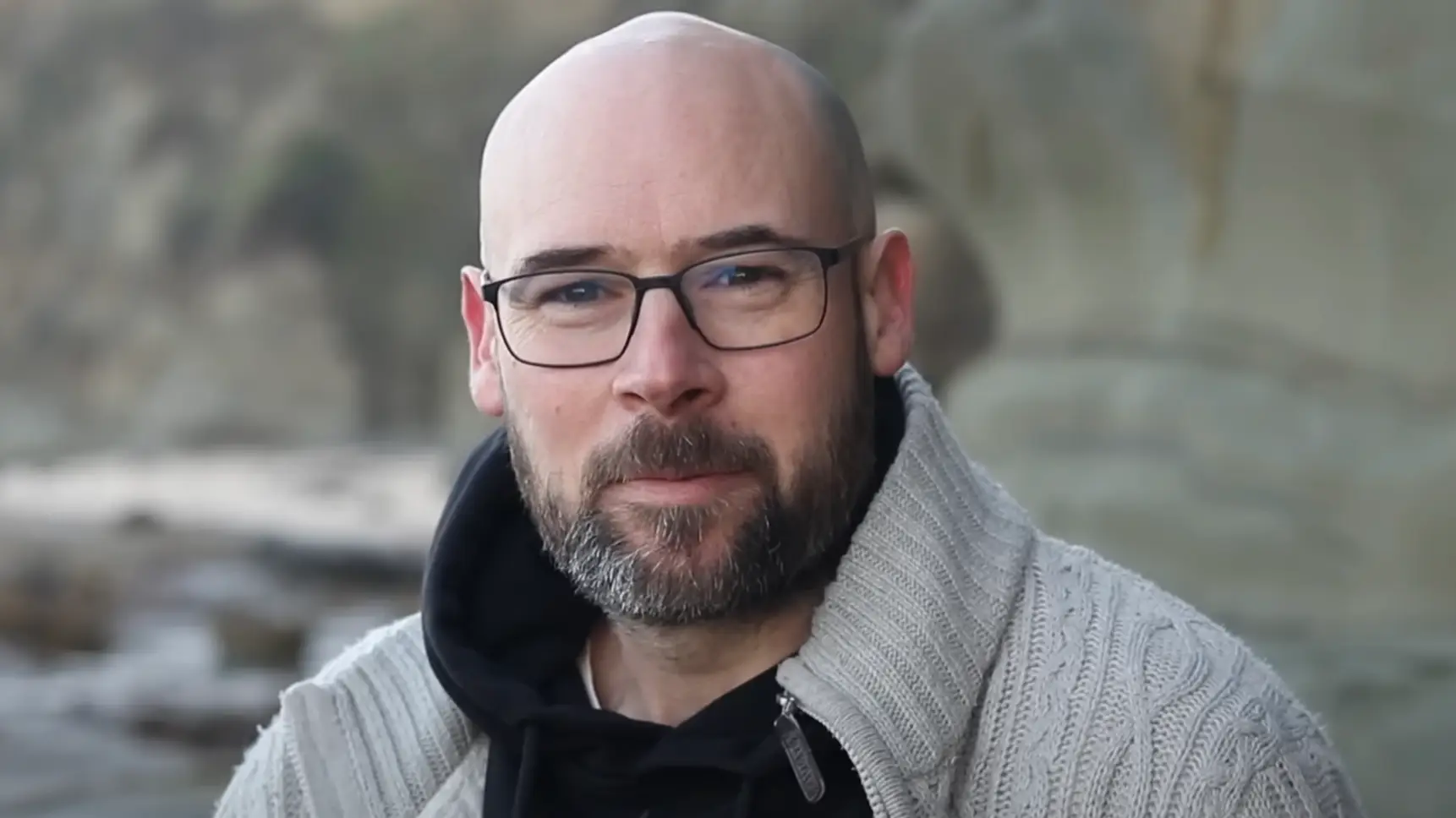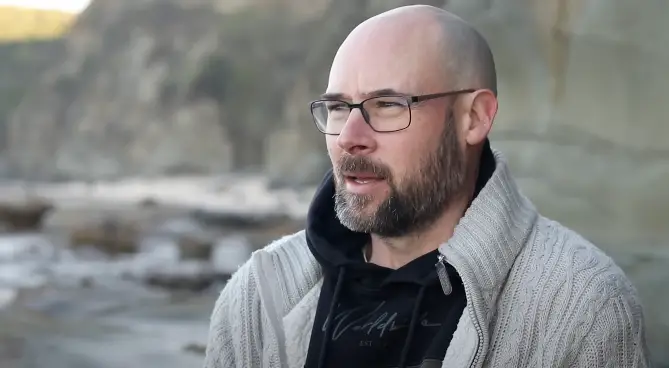
A man who was diagnosed with early-onset Alzheimer's when he was 41 has shared a positive update.
Over the past eight months, Fraser, a researcher from Australia, has been opening up about his health journey on his YouTube channel 'I (don’t) have dementia'.
In one of his videos, he revealed that the symptoms started two and a half years before his diagnosis in 2024.
Early-onset Alzheimer’s is Alzheimer’s disease occurring before the age of 65, causing progressive memory loss, thinking difficulties, changes in mood and ability.
Advert
“I remember I was having some pretty big memory flaws,” Fraser, now 42, said, recalling one moment when he sat down to watch a film with his partner who told him that 'we watched that, like, a month ago'.
“Anyway, I watched the whole movie and the ending was still a complete surprise — I had no memory of watching it, whatsoever,” he added.

In an update from August, however, Fraser said he has been feeling 'really clear headed' as of late, and far better than in previous months. It meant that the brain fog and confusion were not so prominent on a daily basis.
The turning point came during a follow-up appointment with the geriatrician who was part of the original diagnostic team.
To his surprise, the doctor reported a slight decline in areas such as language-related memory and processing speed - findings that didn’t match how well he felt at the time of testing.
The specialists noted that the degree of decline was far less than expected for someone with Alzheimer’s disease, and suggested that his symptoms could instead be explained by other factors such as poor sleep, stress, or depression.
Fraser has now been referred for further evaluations to reassess the diagnosis.
“So yeah, they’re actually saying now that I might not have dementia. And that’s obviously the best possible outcome,” he said.
Despite such positive news, Fraser said that it's 'put me back into that limbo again'.
“I hate living in the unknown,” he admitted. “Since the appointment I’ve felt a bit flat, and I feel ungrateful even saying that because this is good news. But I think it’s because when I got diagnosed, I started to identify myself as a person with dementia.
“You start reframing who you are and what your future holds. You stop thinking about a long-term future because you’ve been told you’re going to lose your mind.
“Now, I’m starting to allow myself to think — actually, you could have a future. You could have many, many more years ahead of you. And that feels good.”
Topics: Health, Mental Health, Australia